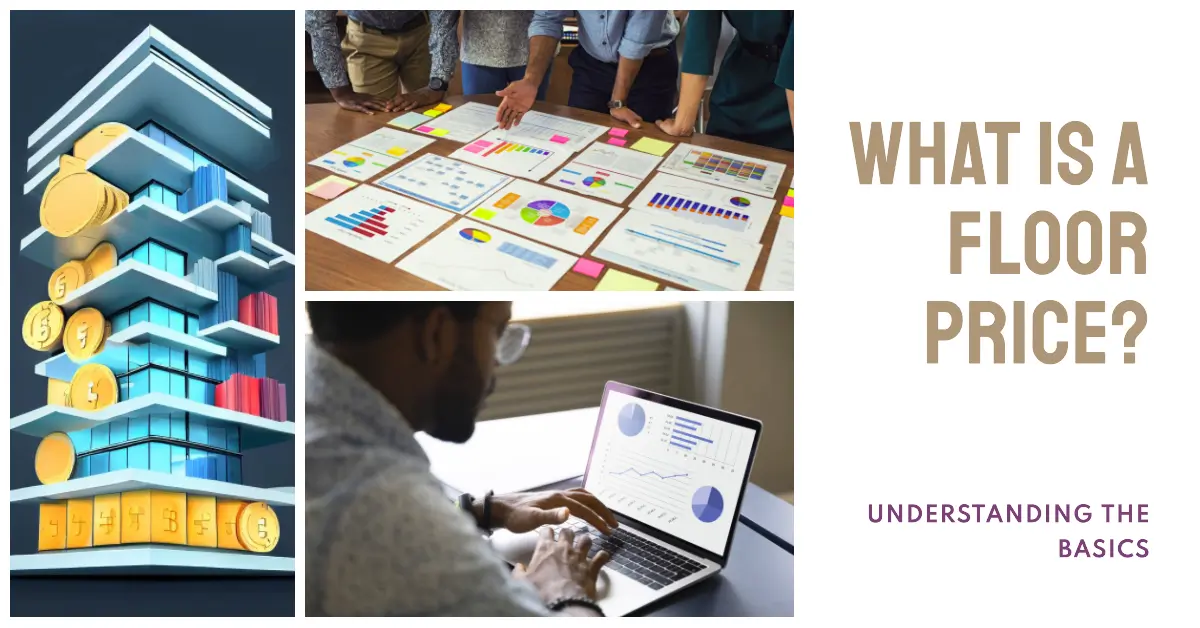A floor price is the minimum allowable price for a product or service. It is set by the government or other regulatory body and is designed to ensure that consumers are not overcharged for goods and services. A floor price may also be set in an open market to protect the interests of producers and sellers from unfair competition. In some instances, a floor price may be used to protect certain types of products or services from becoming too expensive due to market forces. For example, the UK has recently introduced a floor price on alcohol to prevent excessive consumption.
The purpose of setting a floor price is to protect consumers from being charged excessively high prices. By setting a floor price, the government or other regulator can make sure that firms do not charge too much for their products or services. This helps to create a fair and competitive market environment, where businesses compete on quality and value rather than on price alone. Furthermore, a floor price can help to guarantee a basic level of quality for the products or services being sold.
In some markets, the government sets a floor price to ensure that producers are able to cover their costs and earn a reasonable profit. This type of regulation ensures that businesses are incentivized to invest in new technology and research to bring better products and services to the market. Additionally, floor prices can also be used to support certain industries or sectors, such as agriculture, which may require additional protection from market forces.
Floor prices can also be used to protect consumers from unexpected increases in the cost of certain goods or services. For instance, a floor price can be used to limit the amount of rent landlords can charge tenants. This helps to ensure that tenants are not subjected to unjustified rental hikes, while still allowing landlords to earn a fair return on their investment.
Floor prices can also be used to discourage speculative investment in certain products or services. By setting a floor price, investors are less likely to speculate on the future price of a commodity, which can lead to market instability. This can be beneficial to both consumers and producers, as it encourages more rational decision making when it comes to investments.
Overall, a floor price is an effective tool for regulating markets and protecting consumers from excessive prices. It can also be used to provide incentives for investment and innovation, while discouraging speculation and market manipulation. As such, floor prices can play an important role in promoting economic stability and growth.


